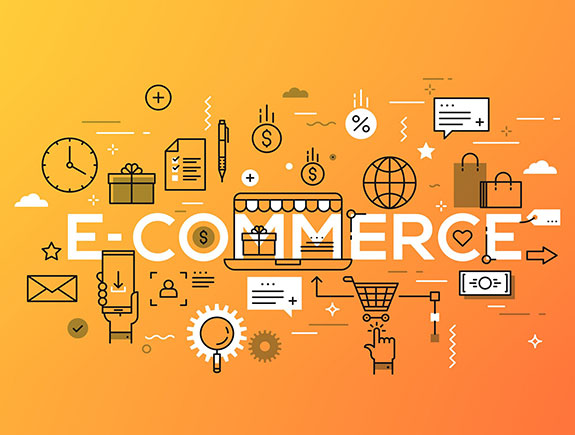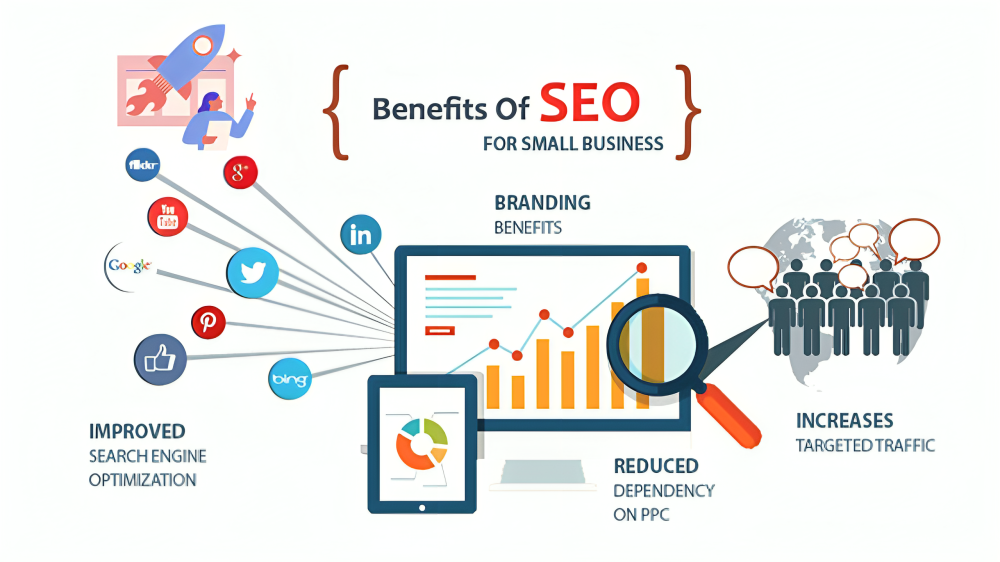Introduction
The e-commerce landscape is continuously evolving, driven by advancements in technology and changing consumer behaviors. To thrive in this competitive environment, businesses must create e-commerce websites that are not only visually appealing but also highly functional and user-friendly. At Cypher, we specialize in developing e-commerce solutions that drive sales and enhance customer satisfaction. In this article, we’ll explore the essential elements of a successful e-commerce website in 2024 and provide practical tips for implementation.
1. User-Friendly Navigation
Effective navigation is crucial for any e-commerce website. Users should be able to find products and information quickly and easily. A well-organized navigation menu, intuitive search functionality, and clear categorization are essential components of a user-friendly website.
Benefits:
- Enhances user experience and satisfaction
- Increases the likelihood of conversions
- Reduces bounce rates
Implementation Tips:
- Use a clear and organized navigation menu
- Implement advanced search functionality with filters and sorting options
- Categorize products logically and provide breadcrumb trails
2. Mobile Optimization
With the increasing use of mobile devices for online shopping, optimizing your e-commerce site for mobile users is essential. A mobile-friendly design ensures that users have a seamless shopping experience, regardless of the device they use.
Benefits:
- Expands your customer base by catering to mobile users
- Enhances user experience and engagement
- Improves search engine rankings
Implementation Tips:
- Use responsive design to ensure compatibility across devices
- Simplify navigation and checkout processes for mobile users
- Optimize images and content for faster loading times
3. High-Quality Product Images and Videos
Visual content plays a crucial role in e-commerce. High-quality product images and videos can significantly enhance the shopping experience by providing users with a clear and detailed view of the products they are considering.
Benefits:
- Increases user engagement and confidence in purchasing
- Enhances the perceived value of products
- Reduces return rates by providing accurate product representations
Implementation Tips:
- Use high-resolution images and provide multiple views of each product
- Include product videos to showcase features and benefits
- Optimize visual content for fast loading times
4. Detailed Product Descriptions
Comprehensive and informative product descriptions are essential for helping users make informed purchasing decisions. These descriptions should highlight key features, benefits, and specifications of the products.
Benefits:
- Increases user confidence and likelihood of conversions
- Reduces return rates by providing accurate information
- Enhances search engine optimization (SEO)
Implementation Tips:
- Write clear and concise product descriptions
- Highlight key features and benefits
- Use bullet points and headers for easy readability
5. Secure and Streamlined Checkout Process
A secure and efficient checkout process is crucial for reducing cart abandonment and increasing conversions. Users should feel confident in the security of their personal and payment information and be able to complete their purchases quickly and easily.
Benefits:
- Reduces cart abandonment rates
- Increases user trust and confidence
- Enhances overall user experience
Implementation Tips:
- Implement SSL encryption for secure transactions
- Offer multiple payment options
- Simplify the checkout process by minimizing steps and form fields
6. Customer Reviews and Testimonials
Customer reviews and testimonials are powerful tools for building trust and credibility. Displaying authentic feedback from previous customers can significantly influence potential buyers’ purchasing decisions.
Benefits:
- Builds trust and credibility with potential customers
- Provides valuable insights into product quality and performance
- Enhances user engagement and interaction
Implementation Tips:
- Encourage customers to leave reviews and ratings
- Display reviews prominently on product pages
- Respond to reviews and address any concerns or feedback
7. Personalization and Recommendations
Personalization and product recommendations can enhance the shopping experience by providing users with tailored content and suggestions based on their preferences and browsing behavior.
Benefits:
- Increases user engagement and satisfaction
- Enhances the likelihood of cross-selling and upselling
- Improves user experience by providing relevant content
Implementation Tips:
- Use data analytics to understand user preferences and behavior
- Implement personalized product recommendations and content
- Provide users with options to customize their shopping experience
8. Robust Search Engine Optimization (SEO)
Effective SEO is essential for driving organic traffic to your e-commerce site. Optimizing your website for search engines helps improve visibility and attract potential customers who are searching for your products.
Benefits:
- Increases organic traffic and visibility
- Enhances user experience by providing relevant content
- Boosts search engine rankings
Implementation Tips:
- Conduct keyword research and optimize product descriptions and content
- Use meta tags, alt text, and header tags effectively
- Create high-quality, relevant content for your blog and product pages
9. Social Media Integration
Integrating social media into your e-commerce website can enhance user engagement and drive traffic. Social media platforms are powerful tools for promoting products, engaging with customers, and building brand loyalty.
Benefits:
- Increases brand visibility and reach
- Enhances user engagement and interaction
- Provides additional channels for customer support and feedback
Implementation Tips:
- Add social media sharing buttons to product pages
- Promote products and special offers on social media platforms
- Engage with customers through comments, messages, and social media posts
10. Reliable Customer Support
Providing excellent customer support is crucial for building trust and loyalty. Users should have access to reliable and responsive support options to address any questions or concerns they may have.
Benefits:
- Enhances user satisfaction and loyalty
- Reduces return rates and negative reviews
- Builds trust and credibility with customers
Implementation Tips:
- Offer multiple support channels, including live chat, email, and phone
- Provide a comprehensive FAQ section and self-help resources
- Respond to customer inquiries promptly and professionally
Conclusion
Creating a successful e-commerce website in 2024 requires a combination of user-friendly design, high-quality content, and robust functionality. By focusing on elements such as user-friendly navigation, mobile optimization, high-quality visuals, detailed product descriptions, secure checkout, customer reviews, personalization, SEO, social media integration, and reliable customer support, businesses can deliver exceptional online shopping experiences. At Cypher, we specialize in developing e-commerce solutions that drive sales and enhance customer satisfaction. Contact us today to learn how we can help you create a successful e-commerce website and achieve your business goals.











